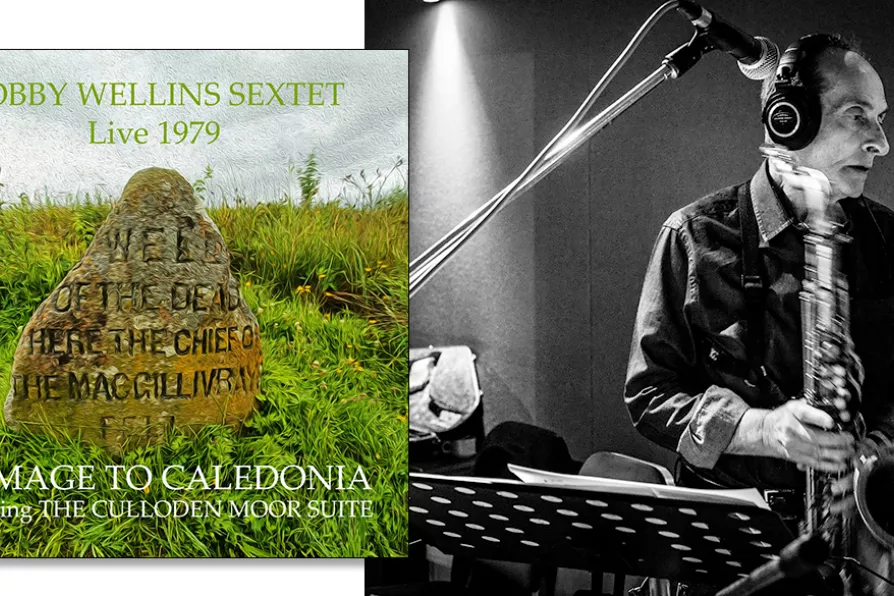PRAGYA AGARWAL recommends a collection of drawings that explore the relation of indigenous people to the land in south Asia, Africa and the Caribbean

 ANIT-IMPERIALIST EDUCATOR: Bobby Wellins during the recording of Culloden Moor Suite with the Scottish National Jazz Orchestra, May 2013
[Ref54/CC]
ANIT-IMPERIALIST EDUCATOR: Bobby Wellins during the recording of Culloden Moor Suite with the Scottish National Jazz Orchestra, May 2013
[Ref54/CC]
50 YEARS ago I was living in Blackwall, east London and teaching in the local comprehensive school. Our street was a part of the Aberfeldy Estate, where all the streets and council blocks had Scottish names: Oban, Portree, Nairn, Currie. The local pub was the Aberfeldy and the primary school down the road was named … Culloden.
I remember thinking then, how could such a cursed name, signifying such atrocious English royalist slaughter and no-quarter-given bloodshed of April 1746, ordered directly by the King’s son, the Duke of Cumberland, be attached to a school?
Strange how now, in 2024, such ancestral voices call out from the heartsblood of the tenor saxophone sound of the late Glaswegian, Bobby Wellins (1936-2016) from his Culloden Moor Suite, first recorded in 1979, duetting with the Portsmouth-born, insurgent soprano saxophonist Lol Coxhill (1932-2012), accompanied by the blind Newcastle pianist Pete Jacobsen (1950-2002), bassist Adrian Kendon, Spike Wells on drumset, and Bryan Spring on military percussion.

Re-releases from Bobby Wellins/Kenny Wheeler Quintet, Larry Stabbins/Keith Tippet/Louis Moholo-Moholo, and Charles Mingus Quintet

Chris Searle speaks to saxophonist XHOSA COLE and US tap-dancer LIBERTY STYLES












